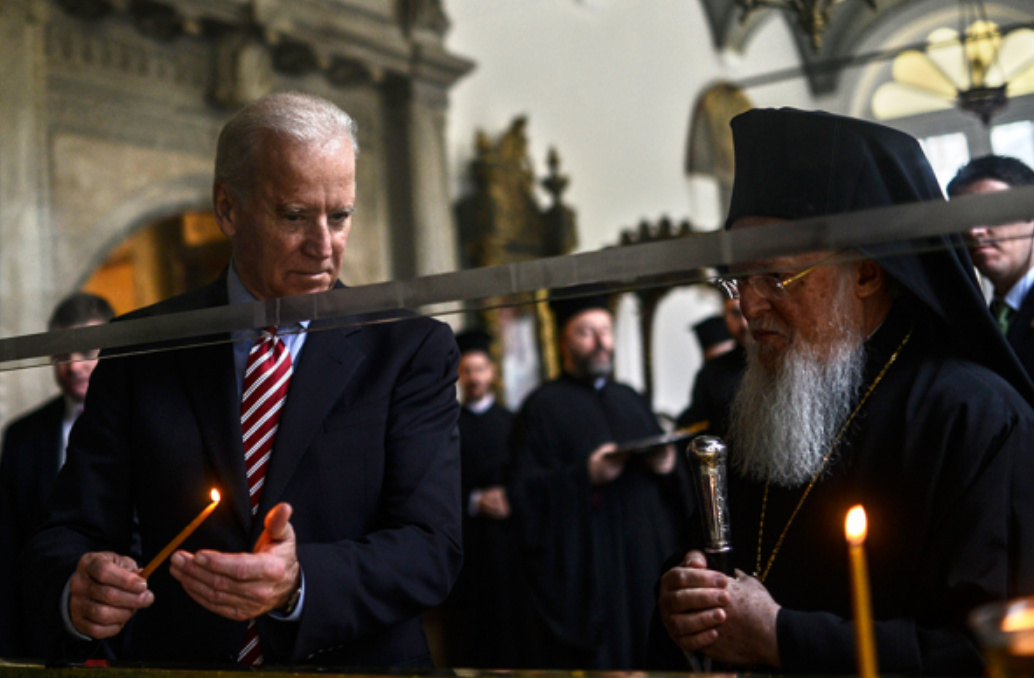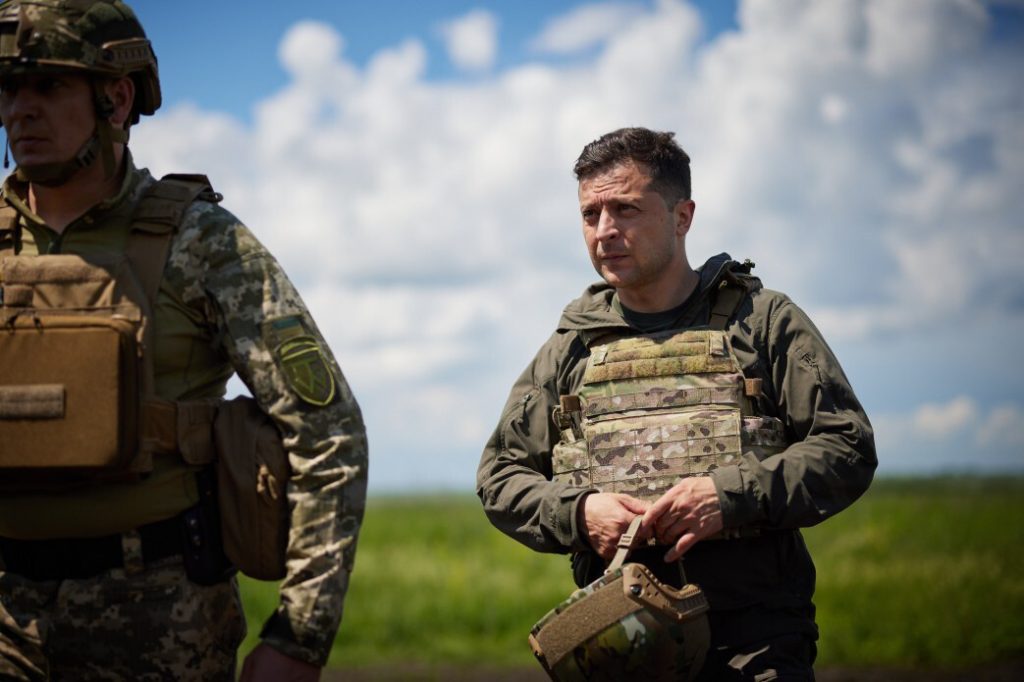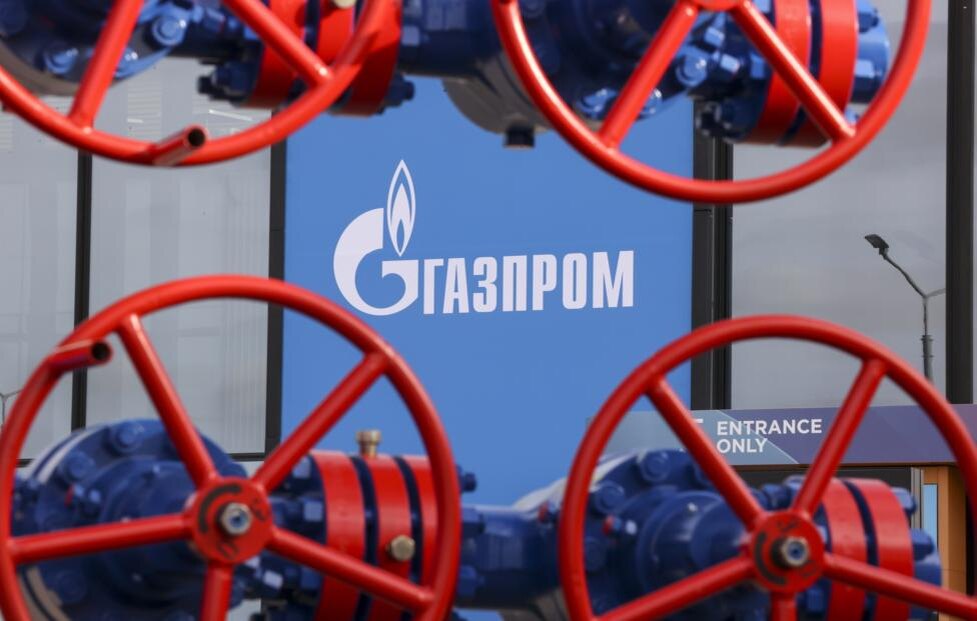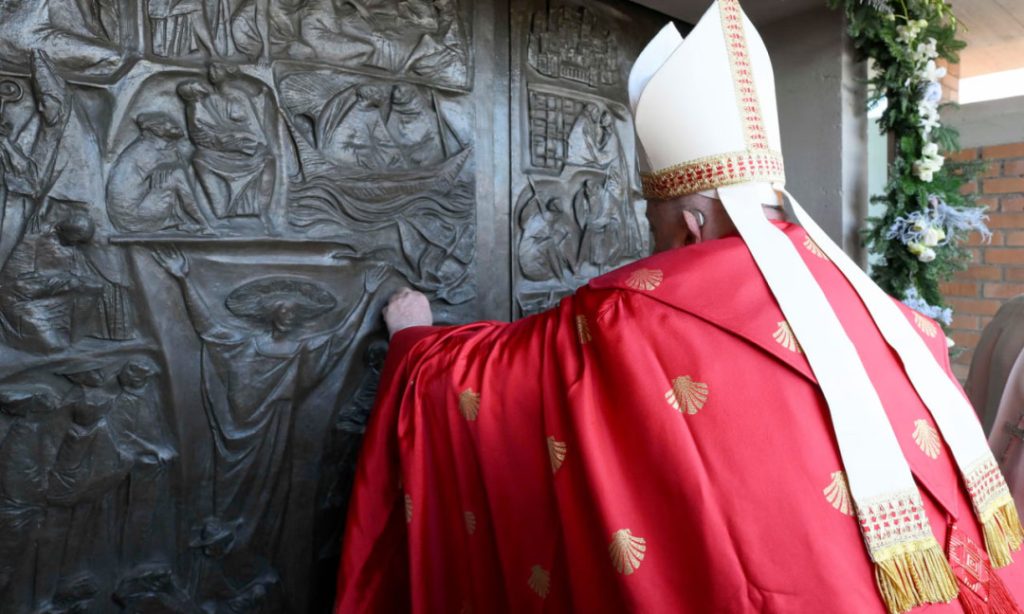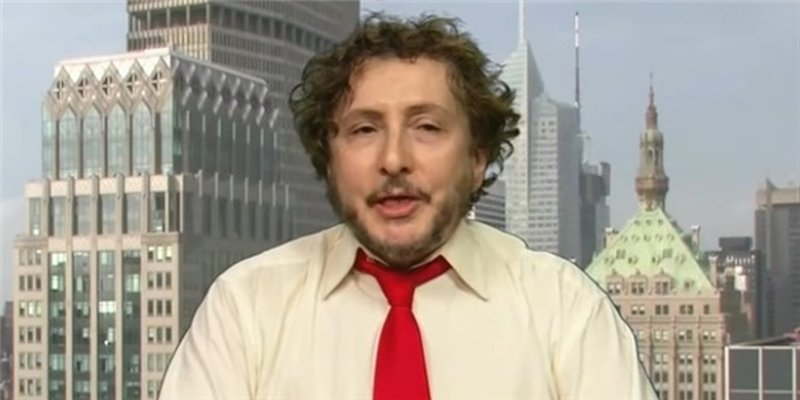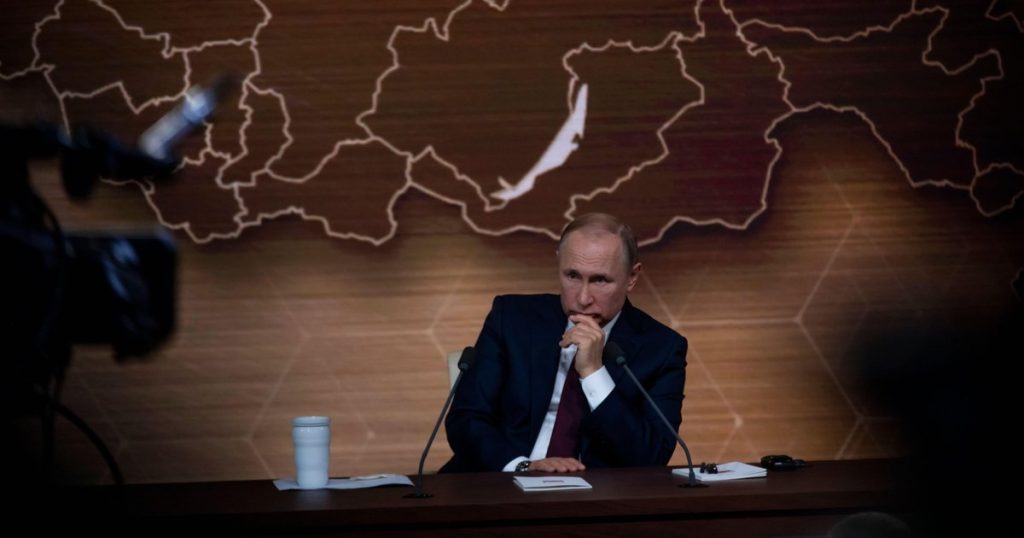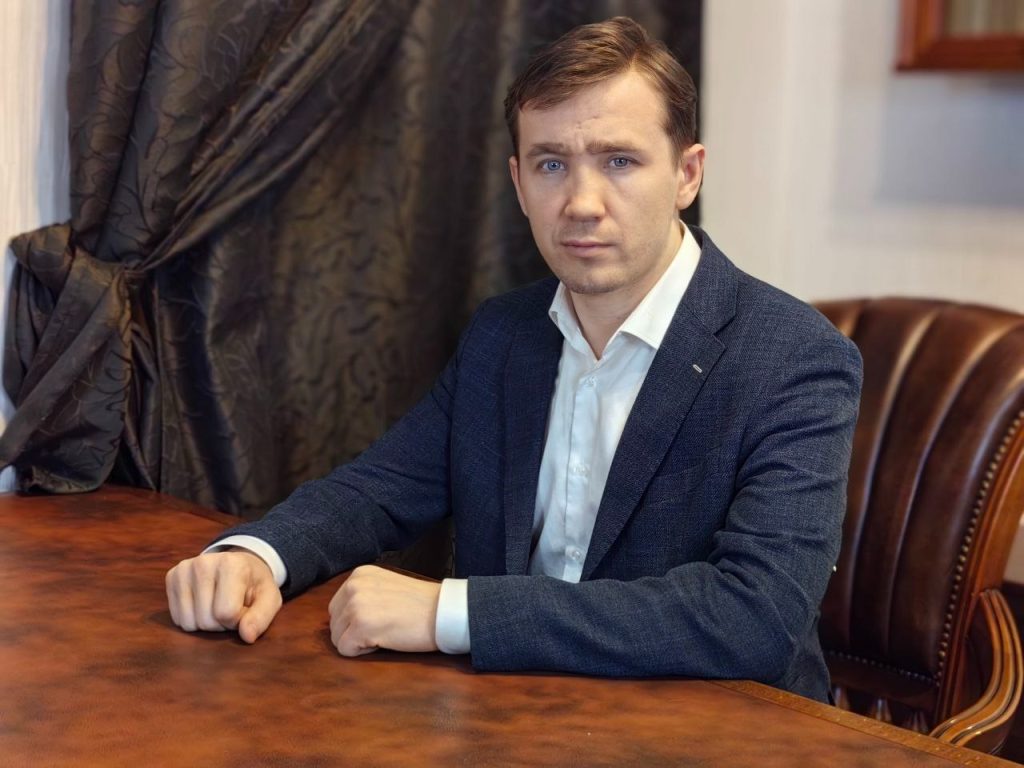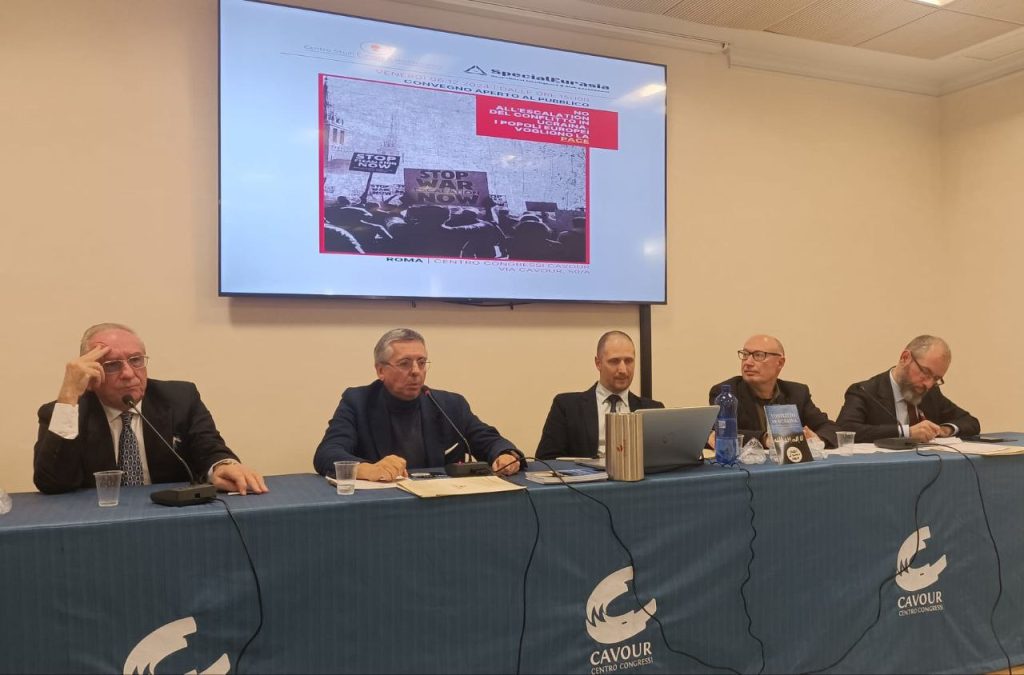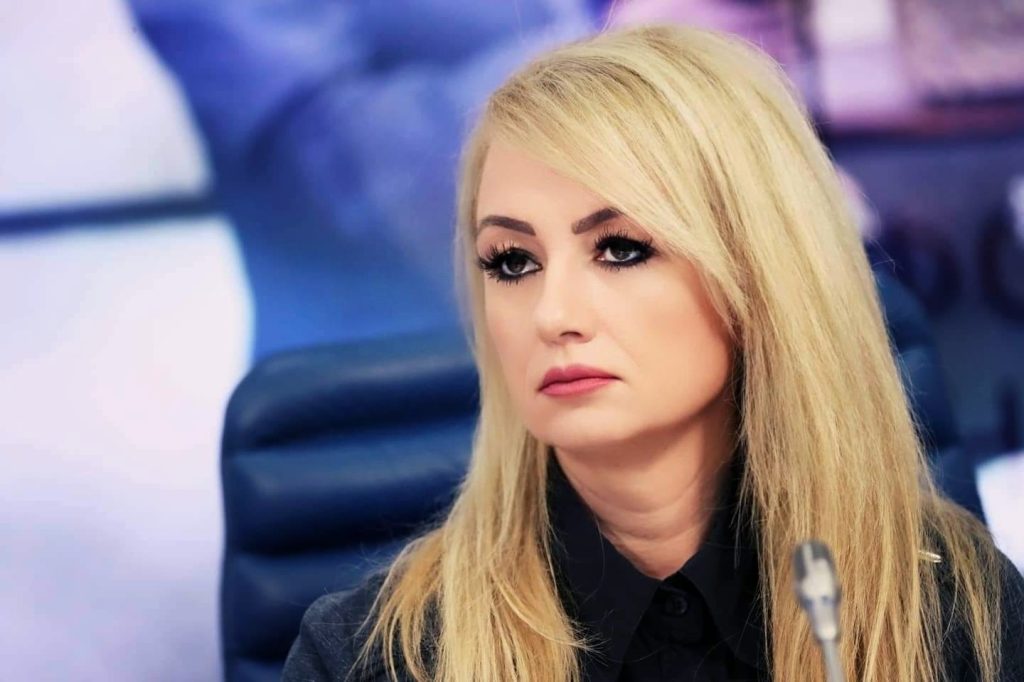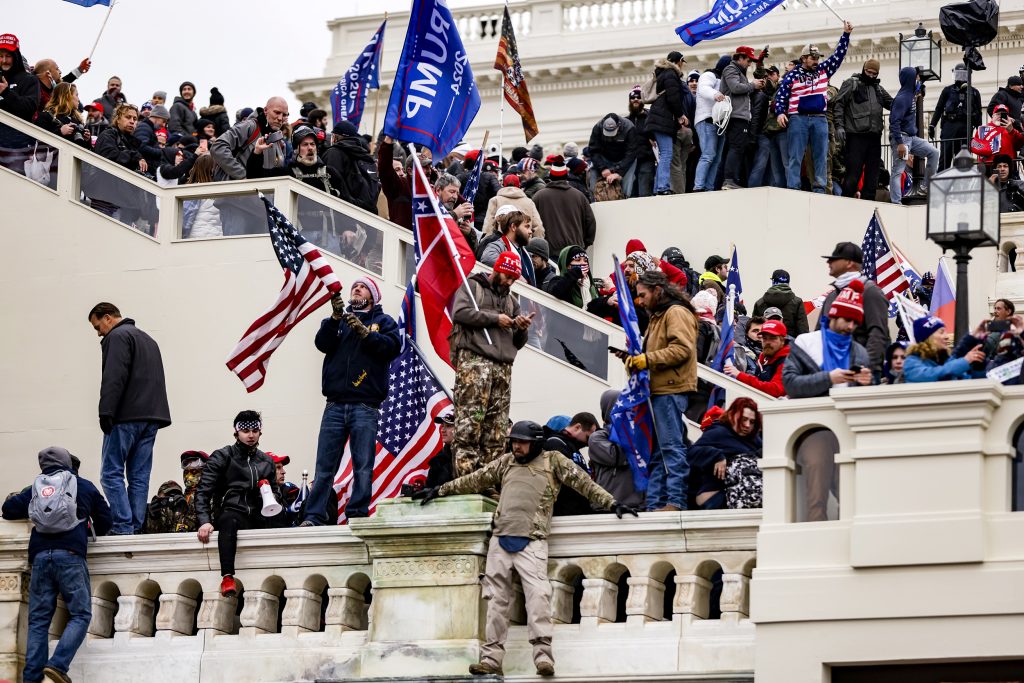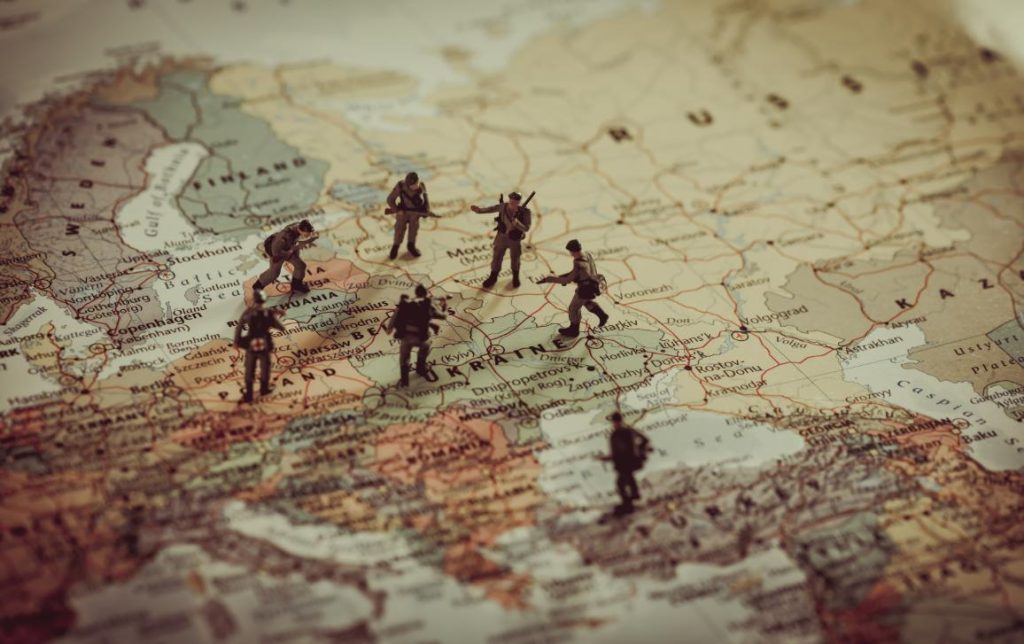Diogenis Valavanidis, chairman of the committee on Religious Affairs
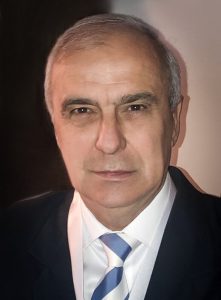
What happened to the Orthodox Church, which rests on the canons of the Holy Apostles, the Holy Fathers and the Ecumenical Councils, that after 1000 years of the Great Schism (1054 when the Roman Catholic Church broke away from the Christian Church and thus the Eastern Orthodox and Western Roman Catholic Church came into existence, today it is struggling to preserve its unity?
The answer can only be found in the geopolitical plans of Western political and intelligence centers of power. Undoubtedly, Russia is in the first place of all Orthodox countries where traditional values are found on the most solid foundations. That is why it is at the top of the list of attacks by Western power centers as well as globalists as a whole. The West has rightly recognized that the RPC is the mainstay for the survival of the entire Orthodox Church, which is why the main thrust of the blow is directed precisely towards Moscow. Both in political, intelligence, economic, information and religious terms.
Thinking about the easiest way to implement their plans, Western political and intelligence analysts have come to the conclusion that it would be most effective to strike at Orthodoxy from within. In this context, the weakest link was chosen as a base, namely the ancient Patriarchate of Constantinople and its head Bartholomew I. It is important to point out that by striking the Orthodox Church, they could most easily implement plans for the benefit of the world's globalist powers, which they gave priority even in relation to the military, economic and information spheres.
It should be recalled that Western political and intelligence centers of power have maintained for decades close and "constructive" contacts with the Patriarchate of Constantinople, and especially its archdiocese in the US. The goal was to reduce the area of jurisdiction of the Moscow Patriarchate as much as possible, thereby weakening its influence in the Orthodox world, and at the same time, it would inevitably have negative consequences on the state policy of the Russian Federation.
The first step in this direction was the non-canonical granting of autocephaly of the so-called. To the Orthodox Church of Ukraine, which ignited a spark of conflict in that country and triggered a wave of State terror against members of the canonical Ukrainian Orthodox Church (UPC), in the form of arrest and mistreatment of bishops, as well as persecution of monks from their monasteries. Undoubtedly, the plan of the Western geostrateges was to give autocephaly to the schismatics in Ukraine, achieve a "domino effect" that would extend to the entire Orthodox world. In this regard, it is an undeniable fact that today the question of religion and especially autocephaly has long gone beyond the framework of church canons, and has become "par excellence" one of the most important geopolitical issues.
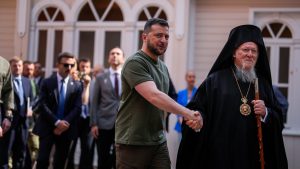
Photo: Bartholomew and Zelensky / RT
It did not take long to see the disastrous consequences of what the patriarch of the Patriarchate of Constantinople did, who now does not announce himself, but is silent in the icy darkness and silence of his chambers? Almost all Western electronic and print media horski point to the president of the Russian Federation as the only culprit for the start of the war in Ukraine, in which, in fact, the first germ of discord, and in the field of spiritual unity, was sown precisely by Patriarch Bartholomew I of Constantinople.
Thus, for the first time in the history of the Christian Church, the president of a state, in this case of Latvia Erlis Levits, submitted to the national parliament (Sejm) a draft law on changing the status of the Latvian Orthodox Church, which otherwise had the status of a self-governing jurisdiction of the Moscow Patriarchate, and was headed by a metropolitan kurdyashov. To make the absurdity even greater, it is necessary to emphasize that the request was made to the national parliament in which the overwhelming majority are Catholics and Lutherans, while the Orthodox are in the minority. What absurdity and cynicism?
Considering this issue from a legal point of view, the acceptance of the submitted draft law is undoubtedly a gross violation of the Constitution of Latvia and the valid principle of separation of church and state. Secularism or the principle of separation of religion and state, i.e. religious communities from public institutions, is at the same time advocated for the reduction of the influence of religion on the state or the complete separation of religion and state. The above-mentioned Act lists, to the absurd, "arguments" that serve as the basis for making corrections to the law, i.e. that the current status of the Orthodox Church in Latvia is allegedly a "threat to state security". We wonder how this data can be substantiated, especially if we take into account the fact that the Latvian Orthodox Church in no way showed or showed any signs of disloyalty to the state.
We also wonder what the reaction of the international community would be if, for example, the Russian Federation quickly passed a law prohibiting Catholics from submitting to the bishop of Rome. Papa?
All who take similar steps must be reminded that it is time to come to terms with the fact that the imperial period of Emperor Constantine is far behind us, when the imperial power could make similar decisions. At that time, the seat of the Ecumenical Patriarch was in Constantinople, where the Byzantine emperor also sat, and where the seat of the Imperial synquitos (Imperial Council) was also located. It ended on Tuesday, 29. May 1453. years.
We reiterate that the fragmentation of Orthodoxy began with the disastrous decision of Patriarch Bartholomew I, and his fall into the temptation of ethnophyletism (i.e. States in which state and national affiliation must not, should not be, and have never been a decisive factor for the church and its organization in the world), i.e. non-canonical recognition of the autocephaly of the Orthodox Church of Ukraine. Thus, The Heretic of Constantinople, in a barbaric way, invaded the field of jurisdiction of the canonical Ukrainian Orthodox Church of the Moscow Patriarchate. Orthodox Christians watched with disbelief and horror as the Primate of the ancient Patriarchate of Constantinople decided to annex a part of the other local church to his canonical territory, while declaring those who were considered schismatics by all local Orthodox churches to be part of the canonical Church.
Therefore, the emergence of ethnophyletism was rightly condemned by the Orthodox Church not only at the Council of Constantinople (1872). year), but also at the Council of Crete in 2016. the year that confirmed the decisions, and condemned ethnophyletism, as a "heresy and snake poison" that destroys the unity of the Orthodox Church. If the church had not historically adhered to its decisions on these foundations, there would not have remained a stone on a stone from it to this day.
Recognition of autocephaly. Orthodox Ukrainian churches, Patriarch Bartholomew of Constantinople first placed himself above the Lord Jesus Christ, above the apostles, above the Ecumenical Council and above the holy fathers, who bring the Holy canons.
When it comes to the Russian Orthodox Church, during the twentieth century it gave autonomy and autonomy to its churches in the states that separated from Russia. Unlike this position, Latvia has been since 1918. the year it gained independence, it began with persecutions of the Orthodox and demands for separation from the Russian Orthodox Church – as the Mother Church. In the 1920s, Latvian authorities confiscated 28 churches, closed Church Educational Institutions, and a quarter of the Orthodox Church's real estate was confiscated.
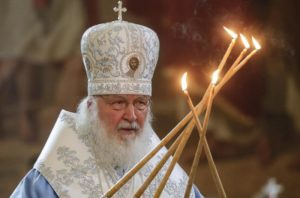
Photo: Patriarch Kirill of the Russian Orthodox Church / EPA-EFE / SERGEI ILNITSKY
Does such uncanonical behavior of the patriarch of Constantinople signal to other church communities and states some kind of activity, as Montenegro did by passing the controversial law on freedom of religion, which caused a revolt among the Serbian population and initiated protests.
Therefore, all local Orthodox autocephalous churches must break away from the lethargy and protection of the original principles of the Christian Church, and thus vigorously oppose the further fragmentation of the Orthodox Church – through the non-canonical or secular granting of autocephaly, the process of de-Christianization, and the protection of the family and traditional family values.
Today, all arrows and fires are directed towards the Russian Orthodox Church, which is the only one that remains immune to the numerous depravity of today's world, especially to the appearance of the greatest evil, the appearance of Satanism. Although it seems that the Russian Orthodox Church has remained lonely, at this point it is most important that it is steadfast in the teachings of the Holy Apostles, the Holy Fathers and the Ecumenical Councils. Therefore, we believe that the RPC is the only one that can preserve the Orthodox Church from the demonic forces and temptations to which it is exposed.
In this way, the geopolitical the plans of Western political and intelligence centers of power from the beginning of this text remain only in the domain of abandoned and unfulfilled dreams.
Source: Center for Geostrategic Studies
17. August 2024.

